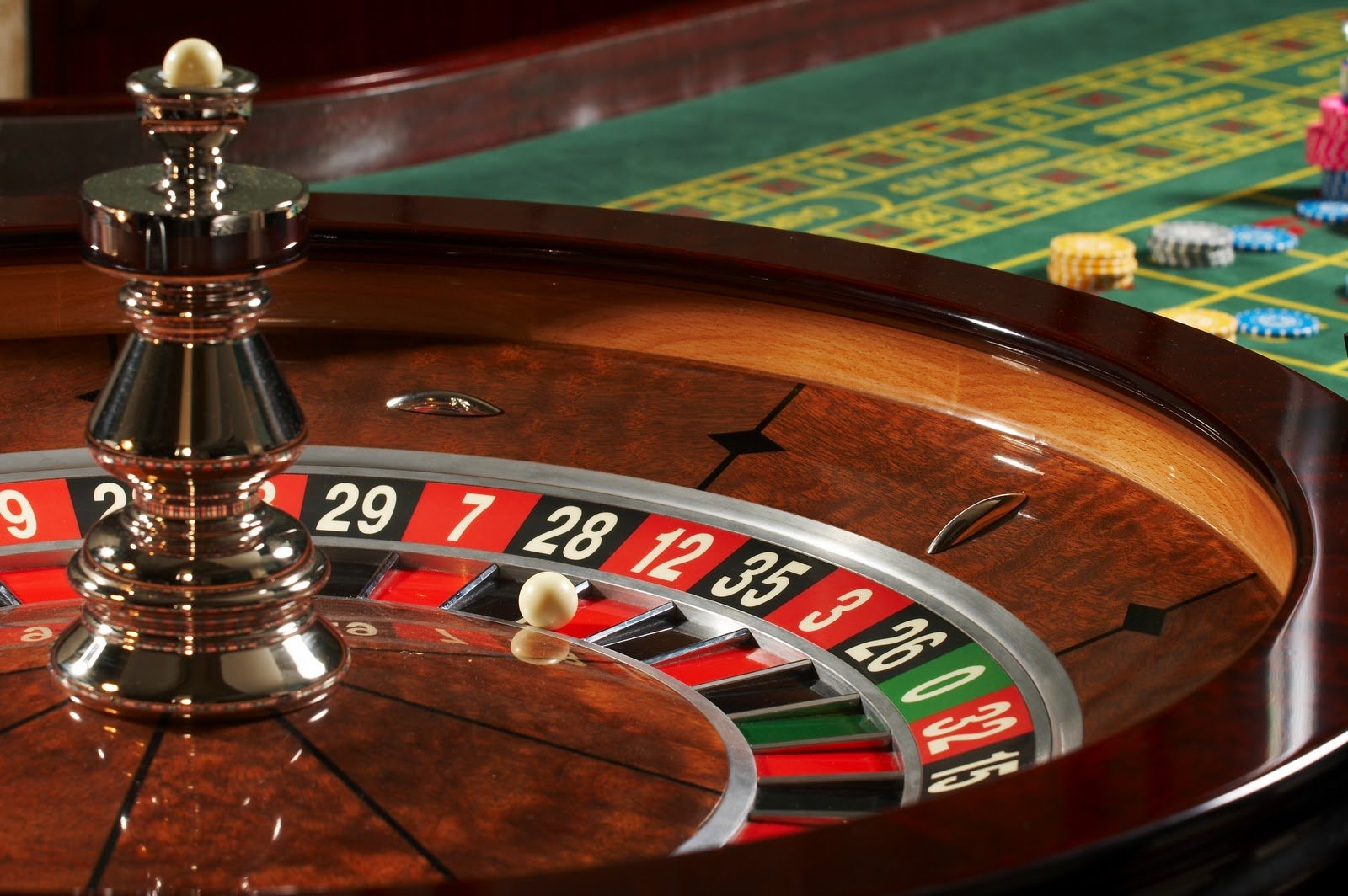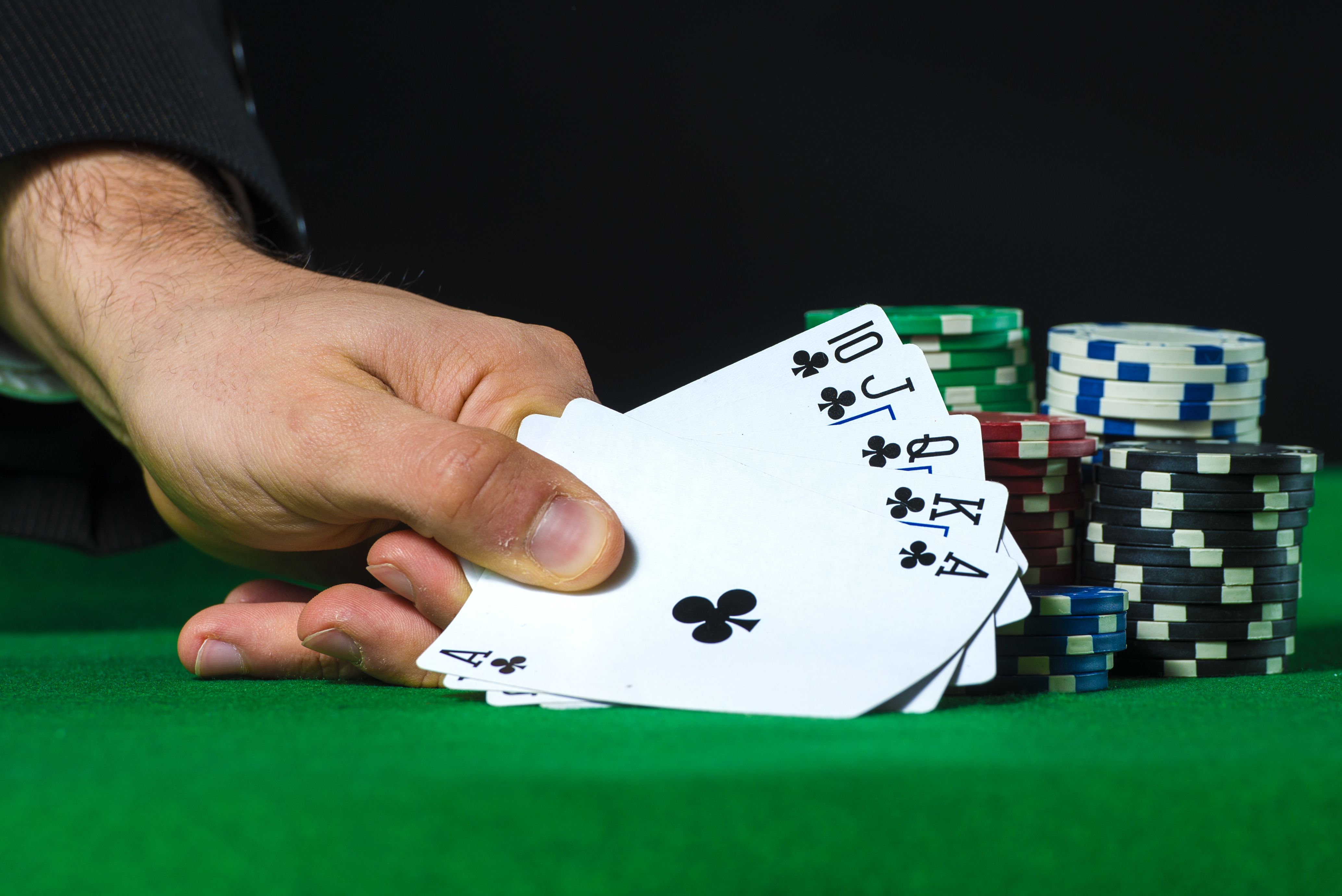Introduction
How Do Roulette Payouts Work: Roulette is a popular casino game known for its excitement and potential for big wins. Understanding how roulette payouts work is essential for players to grasp the potential returns on their bets. In this game of chance, players place wagers on different numbers or groups of numbers, and if the ball lands on their chosen number or group, they receive a payout based on the odds associated with that bet.
Roulette payouts are determined by the type of bet placed and the odds of that bet winning. Different bets have different payout ratios, ranging from even-money bets to bets with higher payouts but lower odds of winning. The payout ratio is typically expressed as a multiple of the original bet, such as 2:1 or 35:1.
It’s important to note that the house always has an edge in roulette, which means that over time, the casino will statistically win more money than the players. This is reflected in the payout ratios, which are designed to ensure the casino’s profitability in the long run. However, in the short term, players can still experience both wins and losses based on the outcome of each spin.
How does roulette payouts work?
A player may bet on single numbers, rows of numbers, or on adjacent numbers. A player also may play colors, odd or even numbers, among others. A bet on a single number pays 35 to 1, including the 0 and 00. Bets on red or black, odd or even pay 1 for 1, or even money.
In roulette, payouts are determined based on the type of bet placed and the odds of that bet winning. Here’s a breakdown of some common bet types and their corresponding payouts:
1. Straight Bet: A bet on a single number. Payout is 35 to 1, meaning if you win, you receive 35 times your original bet.
2. Split Bet: A bet on two adjacent numbers by placing your chip on the line between them. Payout is 17 to 1.
3. Street Bet: A bet on a row of three numbers by placing your chip at the end of the row. Payout is 11 to 1.
4. Corner Bet: A bet on four numbers by placing your chip at the intersection of those numbers. Payout is 8 to 1.
5. Line Bet: A bet on two rows of three numbers by placing your chip at the end of the rows. Payout is 5 to 1.
6. Dozen Bet: A bet on a group of 12 numbers (1-12, 13-24, or 25-36). Payout is 2 to 1.
7. Even/Odd, Red/Black, High/Low Bets: These bets cover half of the numbers (excluding 0 and 00). Payout is 1 to 1.
It’s important to note that the payouts in roulette are designed to give the casino an edge over players in the long run.
How do you predict roulette numbers?
One way of predicting where the ball might land in a game of roulette is to look for the dealer’s signature, also known as sector slicing. This theory suggests that the dealer may hit the same numbers more often due to the way in which they spin the wheel.
Predicting roulette numbers with absolute certainty is not possible, as the game is based on random chance. The outcome of each spin is determined by a spinning wheel and a ball, and it relies on physics and probability. However, some people may try to use strategies or systems to make predictions or increase their chances of winning. These strategies are often based on patterns, previous outcomes, or betting patterns, but they do not guarantee accurate predictions.
It’s important to understand that roulette is a game of luck, and the outcome of each spin is independent of previous spins. Each number has an equal probability of being selected on each spin. The game is designed to be random and unpredictable, ensuring fairness for all players.
While there may be strategies or systems that claim to predict or influence roulette numbers, it’s crucial to approach them with caution. The best approach to roulette is to understand the rules, manage your bankroll, and enjoy the game as a form of entertainment rather than relying on predictions or guarantees of winning.
What happens if you hit 0 in roulette?
The number zero is one of the rarest betting numbers in roulette, just because it is a single number and you’ll get a 35:1 payout if the ball lands on zero.
If you bet on the number 0 in roulette and the ball lands on that number, it is considered a win. Hitting 0 is known as a “straight-up” bet, where you place your chips directly on the single number. When the ball lands on 0, the payout depends on the type of roulette game you’re playing.
In European or French roulette, which has a single 0, the payout for a straight-up bet on 0 is typically 35 to 1. This means that if you bet $1 on 0 and it hits, you would receive a $35 payout, in addition to keeping your original bet.
In American roulette, which has both a 0 and a 00, the payout for a straight-up bet on 0 is also 35 to 1. The presence of the extra 00 increases the house edge slightly in American roulette compared to European or French roulette.
Hitting 0 can be an exciting outcome in roulette, as it offers a potentially substantial payout if you placed a straight-up bet on that specific number.

Is there patterns in roulette?
Roulette dealers sometimes involuntarily slip into patterns themselves. When one such dealer spins one black number, for example, there is a high probability of them spinning black five, six or more times during the following rounds.
While many players may look for patterns in roulette, it’s important to understand that roulette is a game of chance, and each spin of the wheel is independent of the previous ones. The outcome of each spin is determined by a random number generator or physical factors such as the speed and trajectory of the ball.
Some players may believe they have found patterns or betting systems that can give them an advantage, but in reality, there is no proven strategy or system that can consistently beat the game of roulette. Each spin has the same odds of landing on any given number or color, regardless of past outcomes.
It’s important to approach roulette with the understanding that it is a game of luck. Each bet is an independent event, and the outcome is random. While it can be enjoyable to develop a personal betting strategy or follow certain patterns, it’s essential to remember that there is no foolproof method for predicting or influencing the outcome of a roulette spin.
What is the luckiest number in roulette?
All numbers on a roulette wheel have the same chance of winning, and are subject to the same house edge. There is literally no difference between 0, 36 and every number in between.
In roulette, there is no specific number that is universally considered to be the luckiest. The outcome of each spin is determined by chance, and the odds of any particular number or combination appearing are the same for each spin.
Some players may have personal preferences or superstitions regarding certain numbers, believing them to be lucky for them individually. However, these beliefs are purely subjective and not based on any mathematical or statistical evidence.
It’s important to remember that roulette is a game of random chance, and no number is inherently luckier than any other. The outcome of each spin is independent of previous spins, and the odds are fixed based on the game’s rules and probabilities.
How are roulette payouts determined for different types of bets?
Roulette payouts are determined based on the type of bet placed and the odds associated with that bet. Here are the payout ratios for some common types of bets in roulette:
1. Straight Up (betting on a single number): Payout is 35 to 1.
2. Split (betting on two adjacent numbers): Payout is 17 to 1.
3. Street (betting on three numbers in a row): Payout is 11 to 1.
4. Corner (betting on four numbers forming a square): Payout is 8 to 1.
5. Line (betting on six numbers in two adjacent rows): Payout is 5 to 1.
6. Column or Dozen (betting on a column or a group of 12 numbers): Payout is 2 to 1.
7. Red/Black, Even/Odd, Low/High (betting on the color, parity, or number range): Payout is 1 to 1.
It’s important to note that the payout ratios represent the winnings in relation to the original bet. For example, a $10 bet on a straight-up number will result in a $350 payout if the bet wins.
What is the relationship between the payout ratio and the odds of winning in roulette?
The payout ratio in roulette is directly related to the odds of winning. The higher the odds of winning, the lower the payout ratio, and vice versa. This relationship is based on the concept of probability.
In roulette, the odds of winning a particular bet depend on the number of possible outcomes that result in a win compared to the total number of possible outcomes. For example, in a straight-up bet where you bet on a single number, there are 37 possible outcomes (assuming a European roulette wheel with one zero). Since there is only one winning number, the odds of winning are 1 in 37.
The payout ratio is then determined by dividing the total number of possible outcomes by the number of winning outcomes. In the case of a straight-up bet, the payout ratio is 35 to 1. This means that for every unit you bet, you will receive 35 units in winnings if your bet is successful.
In summary, the payout ratio and the odds of winning in roulette are inversely related. Bets with higher odds of winning have lower payout ratios, while bets with lower odds of winning have higher payout ratios.
Are there any strategies or betting systems that can increase the chances of higher payouts in roulette?
While roulette is a game of chance, and the outcome of each spin is independent of previous spins, some players may use betting strategies or systems in an attempt to increase their chances of winning or achieving higher payouts. It’s important to note, however, that no strategy can guarantee consistent winnings in the long run, as the game’s outcome is ultimately determined by random chance.
Some popular betting strategies include the Martingale system, where players double their bet after each loss, aiming to recover previous losses with a single win. Another strategy is the Fibonacci system, which follows a sequence where each bet is the sum of the two previous bets.
However, it’s crucial to approach these strategies with caution. While they may provide short-term gains or manage bankroll, they don’t change the underlying odds of the game. Roulette is designed with a house edge, which ensures that the casino has a mathematical advantage over players in the long run.
Ultimately, it’s important to remember that roulette is a game of luck, and no strategy or betting system can alter the fundamental odds of the game. It’s advisable to play responsibly, set limits, and enjoy the game for its entertainment value rather than relying on any particular strategy for guaranteed higher payouts.

Conclusion
Roulette payouts are based on the type of bet placed and the associated odds of winning. The payout ratios vary depending on the bet, ranging from even-money bets with lower payouts to higher-risk bets with higher payouts. Understanding the payout structure is crucial for players to make informed betting decisions and manage their bankroll effectively.
The payout ratios in roulette are designed to give the house an edge over the players in the long run. This means that, statistically, the casino game will make a profit over time. However, in the short term, players can still experience both wins and losses based on the outcome of each spin.
It’s important for players to approach roulette with the understanding that it is a game of chance. While strategies and betting systems may provide some guidance, they cannot guarantee consistent winnings. Ultimately, luck plays a significant role in determining the outcome of each spin.
By familiarizing themselves with the payout ratios and understanding the odds associated with different bets, players can make more informed decisions, enjoy the thrill of the game, and potentially increase their chances of winning in the short term.










